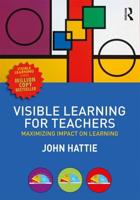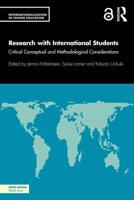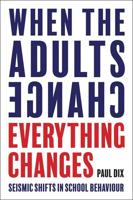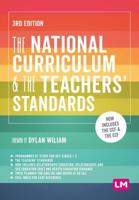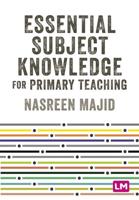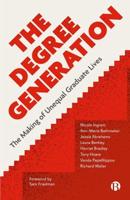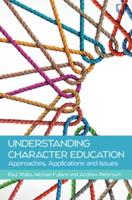Publisher's Synopsis
This volume, part of the TIAA-CREF Institute Series on Higher Education, is based on a national conference convened by the Institute in November 2007. The generational issues that were the focus of the conference raise both risks and opportunities with the potential to profoundly affect our cultural environment, both inside and outside academe. Baby Boomers, in their roles as students, parents, professors and administrators, transformed the American higher education system. As Boomers near retirement, Generation X and the Millennials are building on those contributions and making their own impacts. This volume sheds light on a current front-burner issue in higher education: managing the melding of generations, each with its unique needs and approaches to teaching and learning. The result of discussions among presidents, provosts, and other senior-level leaders from the higher education community, as well as the scholarship of leading academics, this lucid and engaging volume addresses intergenerational shifts and their wide-ranging implications for higher education including relevant risks and opportunities for consideration by campus leaders.The type of institution represented in these discussions ranges from small teaching-focused institutions to community colleges and large comprehensive research institutions. The authors offer senior leadership a deeper understanding of these generational challenges and opportunities and provide them with new and actionable information to enhance decision-making and inform strategic planning. They offer scholars new research questions to examine and provide insights to enhance effective reporting on higher education issues. Higher education presidents, chancellors, provosts, CFOs, faculty, researchers and policymakers will find this volume to be of significant value.

